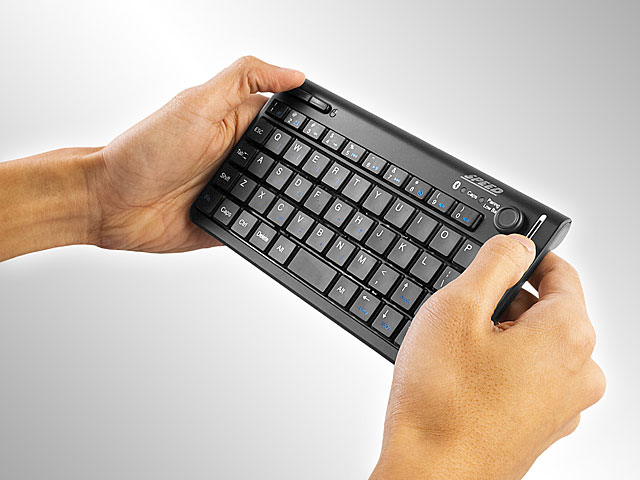
No one can say for sure which package that will be. SummaryĪt the end of the day the package you choose is the one that you are most comfortable with. There are other reviews of the same packages listed above found in ( - 6 Tools to manage Linux clipboard) and in ( - Enhance Linux clipboard with clipboard manager). So it doesn't add up to 10 in the article title. I've removed some from the list those that do not work with Ubuntu.Keepboard is a cross-platform clipboard manager that allows users to save clipboard history.It is feature rich and actually forked from Parcellite, but includes some extra features and bug fixes. Clipit is a lightweight GTK+ clipboard manager.It now uses the App Indicator to support Unity and Gnome Classic desktop environments in Ubuntu. Glipper is a clipboard management tool for GNOME desktop environment, users can extend its functionality using plugins.Parcellite is a stripped down, lightweight GTK+2, basic-features clipboard manager for Linux.Pastie is a simple clipboard manager for Ubuntu and makes use of the AppIndicator.(Once again you do not like this package) Diodon is a light weight but yet powerful clipboard manager designed to work best when integrated with Unity and GNOME desktop environments.GPaste is a powerful and great clipboard manager for GNOME based distributions, but can work on a variety of desktop environments as well.


I use Clippy, a docklet that works with Plank (I don't use Unity).(You are already using this version though and don't like it.) However, you can search your recent 'clips' using Dash. Works pretty much like the others in the answers already given. Diodon is another good option available for both GTK and Unity.It is easy to use and seems to be stable and reliable. (This package was listed in first section above) I use ClipIt is a Parcelite fork with Ubuntu menu integration.
MOUSELESS DEVELOPMENT ENVIRONMENT SOFTWARE
MOUSELESS DEVELOPMENT ENVIRONMENT CODE
Code refactored, certain parts rewritten for repeated use.įrom this ( Clipboard Manager for Ubuntu 16.04) we learn from users: Added "Pinned submenu" and ability to "pin" specific items from clipboard history.Added base64 operations (encode/decode).So far this only opens default program set for the plain-text filetype. Added option for opening a history item in text file ( similar to bash's fcedit).Users now can convert clipboard contents to upper/lower case, trim words/characters from beginning or end of the text, and replace expressions(uses python's re regex). Effectively, this is log reading within date range, same as this The option calls for zenity forms dialog which requires starting and ending date in YYYY/MM/DD/HH:SS format. Implemented displaying range of entries by date.Implemented file operations feature - loading a text file into clipboard and writing clipboard contents to file.If you want to make a feature request, please submit an issue ticket on project's GitHub page, where its source code is also available. The menu length and text width are currently hard-coded to 10 items in the indicator and 30 characters max for each entry. In future there will be additional features added, such as preferences dialog. The indicator was made in one day, thus it is fairly minimalistic in nature as of right now. Yes, that's Ubuntu (16.04) with launcher on the bottom.

desktop and icon theme are Ubuntu Kylin theme, 16.04 version.The found text then can be copied via selecting text and using standard Ctrl+ C shortcut. The found contents are displayed in a simple text view dialog with timestamp in user's locale (if it's set). In the animation below you can see demonstration of text being copied, clipboard appended to with the indicator, and finally the test string is searched via simple search dialog. In terminal, run the following commands: sudo add-apt-repository ppa:1047481448-2/sergkolo Each text entry has 4 options in its submenu: insert text into clipboard, append text to the end of what's currently in cliboard, prepend text to the beginning of current contents, and remove it from history. Search functionality, in particular, makes use of Python's re module, which means you can use regex expressions for more fine-grained search. As stated in the comments, I've written a simple clipboard manager indicator with use of Python 3 and a few zenity dialogs, which allows manipulating clipboard contents, as well as has search functionality.


 0 kommentar(er)
0 kommentar(er)
